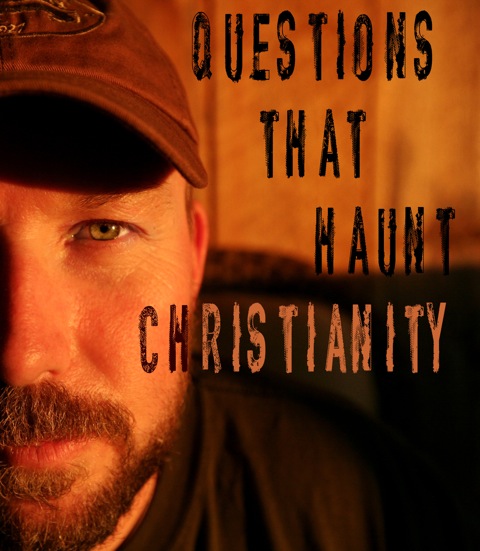This week’s question came from long-time commenter Charles, who posed it during last week’s discussion. It’s a great one, just when many of us are entering the season of Lent:
Tony, what are we being saved from?
There were many great responses, as always, on the original question. Now it’s my turn.
This week, millions (billions?) of Christians around the world walked up to someone and had ashes placed on their foreheads. As this happened, they heard the words spoken to them: “From dust you came, and to dust your shall return. Repent and believe the good news.”
When I was a pastor, Ash Wednesday was, hands down, the most poignant liturgy of the year for me. Think about it: when was the last time that you touched a non-family member’s face? I can’t think of the last time. We don’t do it, almost ever. And yet there I was, every year, touching the faces of friends and strangers, intoning somber words about their own deaths. Many people had tears in their eyes when they came forward.
I’ve made it clear in this space and in an ebook that I reject the doctrine of Original Sin. I think it’s based on both philosophical and physiological fictions. But the doctrine of Original Sin is not the same as “sin.” The former is a theological invention, an interpretation of biblical sources; the latter is heavily attested throughout both Testaments.
When I look at my own life and the lives of others, it is very clear to me that a primary characteristic of human existence is frailty. Every day, it’s a dozen more stories of bullets tearing through the frail flesh of innocent victims. Every day, I see in my Facebook feed, updates of frail human cells being overrun by aggressive cancer cells. Bacteria and viruses, smaller than the eye can see, can kill us in days.
The human characteristic of frailty leaves us feeling alone. Every one of us has felt alone, separate from God and others. Every one of us has felt forsaken by the Divine Other.
That, I believe, it what drives a lot — if not most, or all — of our malicious human behavior. That, and mental illness. We lash out at others because we feel desperately alone. We become both destructive and self-destructive.
So we feel frail, temporary, alone, and sometimes desperate.
When I was in Malaysia last month, I visited Batu Caves, a Hindu holy site, on the eve of the festival of Thaipusam. There, in the pouring rain, pilgrims were climbing the 272 steps carrying pots of milk to present at the altar in the cave. One man was crawling, step by step. He crawled up a step, stopped to pray, and crawled up another step. In the pouring rain. I passed him when I was going up, and he’d gone about ten steps when I passed him as I was going down.
Every religion is replete with similar rites and rituals, in which humans attempt to stave off the feeling of godforsakeness and feel a connection, albeit temporary, with the Divine. Christianity alone testifies to a move in the other direction — God united with us, briefly, in the person of Jesus of Nazareth. In so doing, God experienced the one thing that ti would seem impossible for God to experience: the lack of God.
If there is a God, I have to think that compassion is the Divine characteristic that is the converse of our feeling of loneliness.
Charles, you ask what we’re being saved from in Jesus’ death. I think we’re being saved from a desperate loneliness that threatens to swallow us every day.









